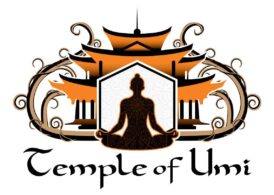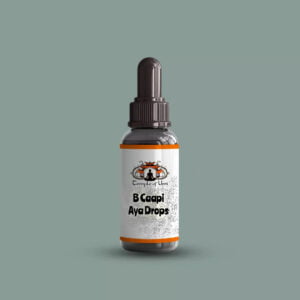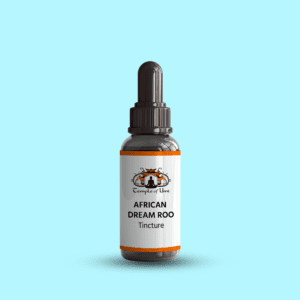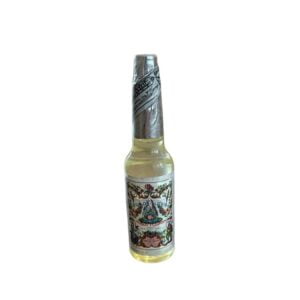Discover the secrets behind tinctures in our in-depth guide – ‘What is a Tincture? Liquid Gold of the Natural World.’ Uncover the alchemy of herbal extracts, explore the concentrated wonders of nature, and learn how these liquid elixirs can enhance your well-being. Dive into the world of tinctures, where ancient wisdom meets modern understanding, unlocking the potent essence of the natural world.
Table of contents
- Definition of a Tincture:
- Brief History of Tinctures:
- Importance and Relevance in Modern Times:
- Different Types of Tinctures:
- The Significance of the Term “Tincture”:
- Cultural and Historical References:
- Importance in Herbalism and Alternative Medicine:
- Explanation of Iodine Tincture:
- Common Uses and Applications:
- Safety Considerations:
Best Selling Tincture Products-
-
 Capii Drops Aya Microdosing$50.00
Capii Drops Aya Microdosing$50.00 -
 African Dream Root Tincture$30.00
African Dream Root Tincture$30.00 -
 Florida water Spiritual Cleansing$10.00
Florida water Spiritual Cleansing$10.00
Unlocking the World of Tinctures
Often regarded as nature’s elixirs, tinctures hold a unique place in traditional remedies. Understanding the essence of brews involves:
- Delving into their definition.
- Exploring their historical tapestry.
- Recognizing their enduring significance in the modern age.
Definition of a Tincture:
A tincture is a concentrated liquid herbal extract, typically derived from botanical sources, which harnesses the medicinal properties of plants. This extraction method has roots that extend far into history, weaving a story of herbal knowledge and healing practices. Learn Mo
Brief History of Tinctures:
To comprehend the evolution of tinctures, we embark on a journey through time. Tinctures find their origins in ancient civilizations, where healers and herbalists discovered the art of preserving and enhancing the potency of medicinal plants. From alchemical traditions to the apothecaries of yore, the history of tinctures is a testament to humanity’s unwavering pursuit of health and well-being.
Importance and Relevance in Modern Times:
In an era dominated by technological advancements, the enduring relevance of tinctures is a testament to their efficacy. As we navigate the complexities of modern living, the return to natural remedies gains momentum. With their potent yet simple formulations, tinctures stand as beacons of holistic health, offering a bridge between ancient wisdom and contemporary well-being practices.
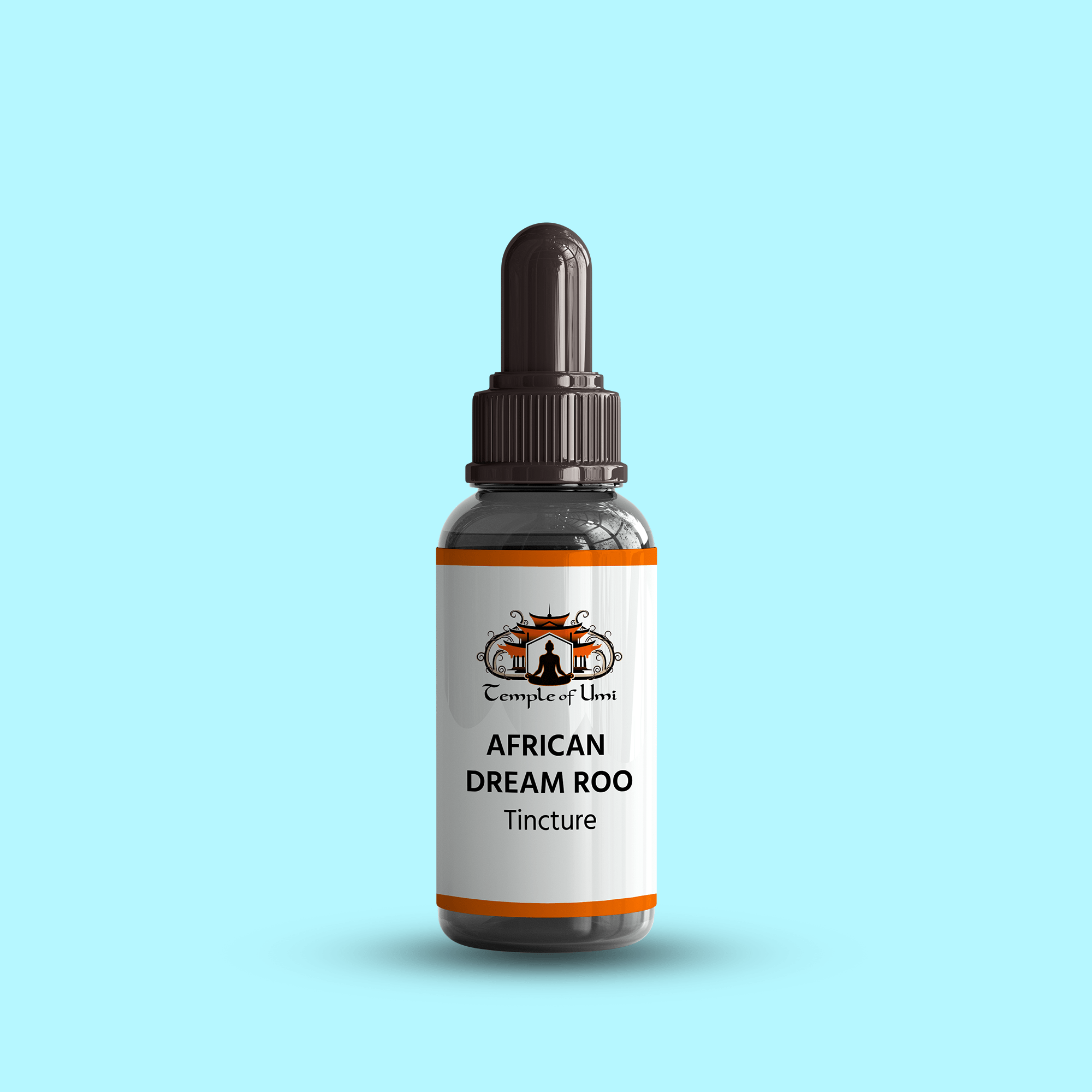
What is a Tincture? Unveiling the Alchemy of Nature
Definition of a Tincture (Main Keyword): A tincture is a liquid extract crafted by dissolving medicinal compounds from herbs or other botanical sources. This process harnesses the therapeutic properties of plants, providing a concentrated form of herbal goodness.
Different Types of Tinctures:
Tinctures come in various formulations, with the choice of solvent being a defining factor. Common types include alcohol-based elixirs, where the plant compounds are extracted using alcohol, and glycerin-based tinctures, which cater to those seeking alcohol-free alternatives. Each class offers unique advantages, catering to diverse preferences and health considerations. Learn more.
How Tinctures Are Made:
Crafting a tincture involves an alchemical dance between plant material and a chosen solvent. The extraction process varies, but typically, it includes maceration, where the plant material soaks in the solvent, allowing the transfer of medicinal properties. The result is a potent elixir that encapsulates the essence of the chosen botanicals.
Tincture Meaning: Unraveling the Significance
The Significance of the Term “Tincture”:
In linguistic terms, “tincture” carries a weight beyond its herbal connotations. It signifies the infusion of qualities, often suggesting a transformative process. In herbalism, a tincture is indeed a transformative potion, embodying the essence of healing and wellness.
Cultural and Historical References:
Tinctures have played pivotal roles in healing practices and cultural rituals. From ancient civilizations using medicines in sacred ceremonies to medieval apothecaries crafting elixirs of vitality, the cultural and historical references to brews are woven into the fabric of human experience.
Importance in Herbalism and Alternative Medicine:
Herbalism, with its roots entwined with tincture-making, finds solace in the versatility of these liquid extracts. Tinctures represent a cornerstone in alternative medicine, offering a potent and convenient way to unlock the therapeutic potential of plants. As herbal knowledge resurges, the importance of tinctures in holistic well-being becomes increasingly evident.
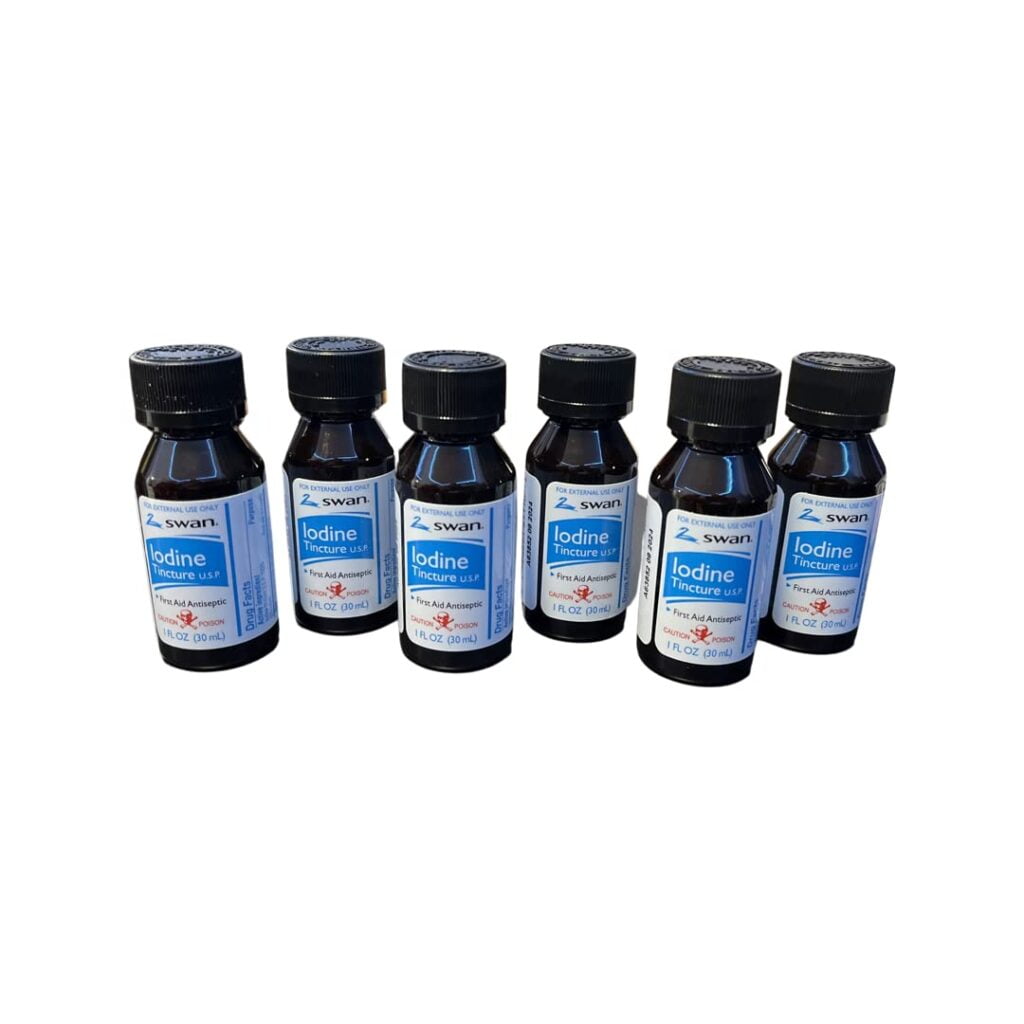
Iodine Tincture
Explanation of Iodine Tincture:
Iodine tincture, a solution of iodine in alcohol, is a versatile antiseptic renowned for its wide-ranging applications. This deep reddish-brown solution, known for its potent antimicrobial properties, is a staple in medicine cabinets.
Common Uses and Applications:
- Wound Disinfection: Iodine tincture is commonly employed to disinfect minor cuts, scrapes, and wounds. Its broad-spectrum antimicrobial action helps prevent infections.
- Preoperative Skin Preparation: Surgeons use iodine tincture to prepare the skin for surgery, reducing the risk of postoperative infections.
- Topical Antiseptic: Due to its effectiveness against bacteria, viruses, and fungi, iodine tincture is frequently utilized as a topical antiseptic for various skin conditions.
Safety Considerations:
- Allergic Reactions: Individuals with iodine allergies should exercise caution, as allergic reactions may occur. It’s advisable to perform a patch test before widespread use.
- Avoidance during Pregnancy: Pregnant women should consult healthcare professionals before using iodine tincture, as excessive iodine intake may pose risks to the developing fetus.
- Staining and Irritation: Prolonged or excessive use of iodine tincture may lead to skin staining and irritation. Users should follow the recommended application guidelines.
Tincture of Arnica
Overview of Arnica Tincture:
Derived from the Arnica montana plant, Arnica tincture is a natural remedy cherished for its anti-inflammatory and pain-relieving properties. This tincture, prepared by steeping Arnica flowers in alcohol, has existed in traditional medicine for centuries.
Health Benefits and Uses:
- Pain Relief: Arnica tincture is widely recognized for its ability to alleviate pain and reduce inflammation. It’s often applied topically to soothe sore muscles and joints.
- Bruise Treatment: The anti-bruising properties of Arnica make it a popular choice for treating bruises and contusions. Regular application may hasten the healing process.
- Arthritis Support: Some individuals find relief from arthritis symptoms through the topical application of Arnica tincture, experiencing reduced stiffness and discomfort.
Dosage and Precautions:
- Topical Use: Arnica tincture is primarily for external use. It should not be ingested unless under the guidance of a healthcare professional.
- Dilution: When applying Arnica tincture topically, it is advisable to dilute it with a carrier oil to minimize the risk of skin irritation.
- Avoid Open Wounds: It should not be applied to open wounds or broken skin. Users should follow recommended dosage guidelines to prevent adverse effects.
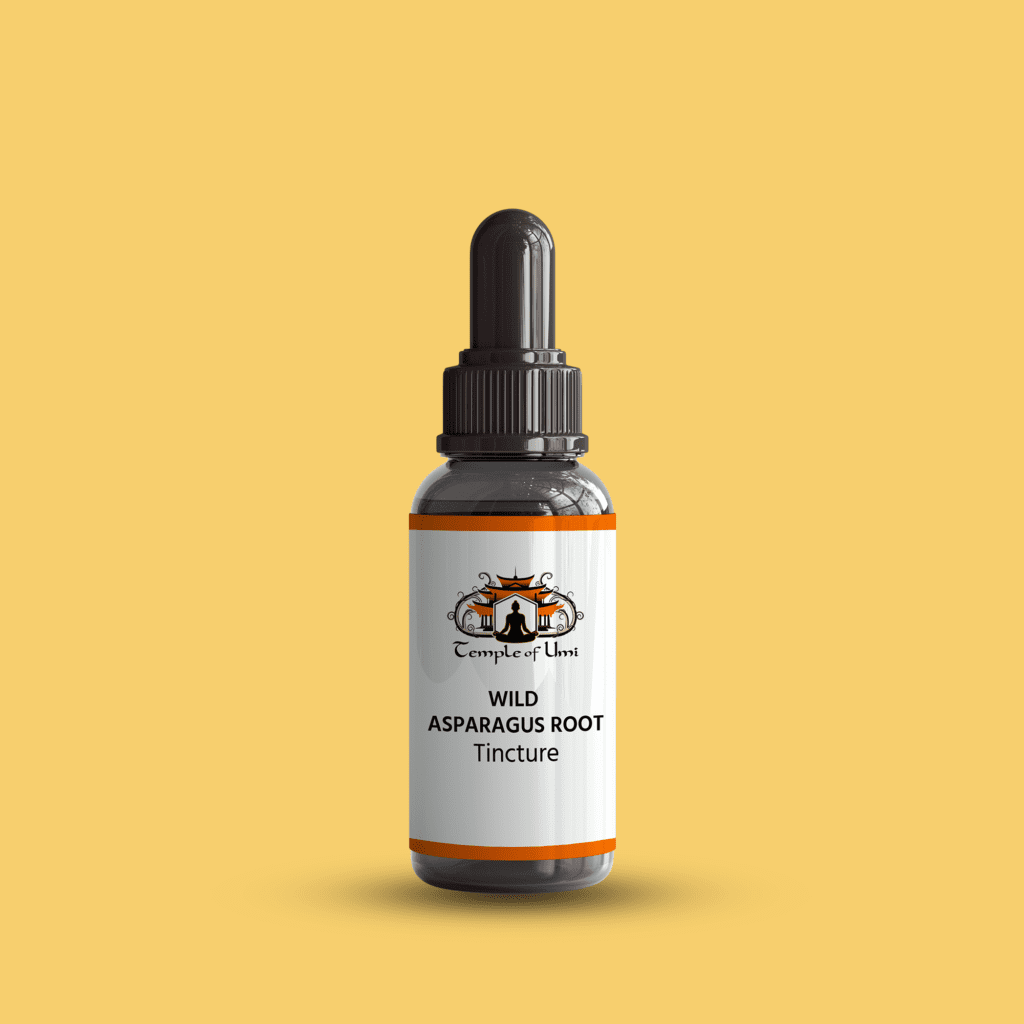
What is Mullein Tincture Used For?
Mullein Tincture Properties and Benefits:
Mullein tincture, derived from the Verbascum thapsus plant, boasts many therapeutic properties. This herbal extract, often prepared with alcohol and mullein leaves, is a versatile addition to natural medicine.
Practical Applications in Health and Wellness:
- Respiratory Support: Mullein tincture is renowned for its respiratory benefits and is often used to ease coughs, congestion, and respiratory discomfort. It’s a popular choice during cold and flu seasons.
- Earache Relief: Some individuals find relief from earaches by using mullein tincture. A few drops in the ear may help alleviate pain and inflammation.
- Anti-Inflammatory Effects: The anti-inflammatory properties of mullein tincture extend to conditions like arthritis, providing relief from joint pain and swelling.
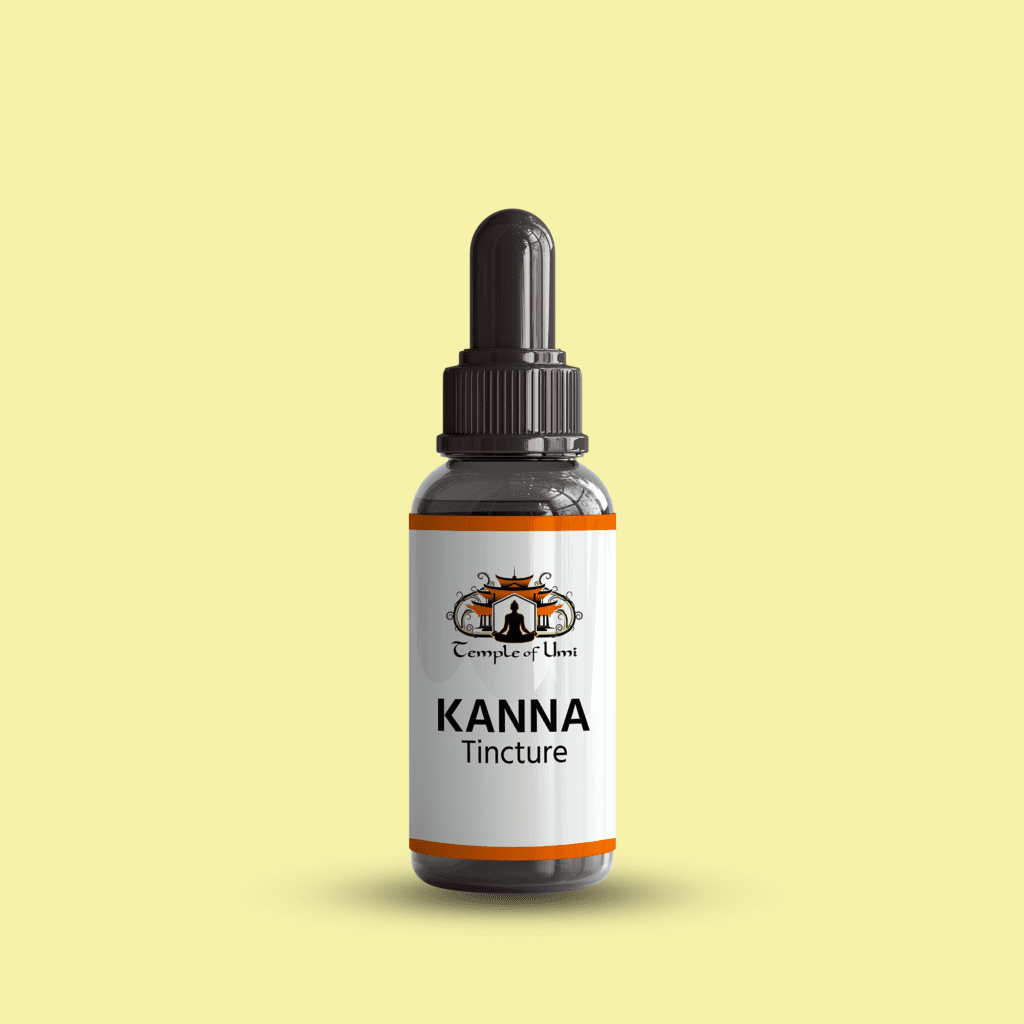
How to Use Tinctures Safely
When used appropriately, tinctures can offer numerous benefits to individuals seeking natural remedies. To ensure a safe and practical experience, following general guidelines, adhering to proper dosage recommendations, and being aware of potential side effects and precautions are crucial.
General Guidelines for Using Tinctures:
- Consultation with a Healthcare Professional:
- Before incorporating any tincture into your routine, consult a healthcare professional, especially if you have existing medical conditions or are taking medications.
- Quality Matters:
- Choose high-quality tinctures from reputable sources to ensure purity and potency.
- Verify the ingredients and manufacturing processes of the tincture.
- Dosage Consistency:
- Follow the recommended dosage provided on the product packaging or as a healthcare practitioner advises.
- Consistency in dosage is essential for optimal results.
- Tincture Administration:
- Tinctures are typically taken sublingually (under the tongue) for faster absorption.
- Dilution in water or juice may be recommended for those who find the taste too strong.
Dosage Recommendations:
- Start Low and Go Slow:
- Begin with the lowest recommended dosage and observe how your body responds.
- Gradually increase the dosage if needed while monitoring for any adverse effects.
- Individual Variability:
- Dosages may vary based on individual factors such as age, weight, and health conditions.
- Personalized recommendations from healthcare professionals can provide tailored guidance.
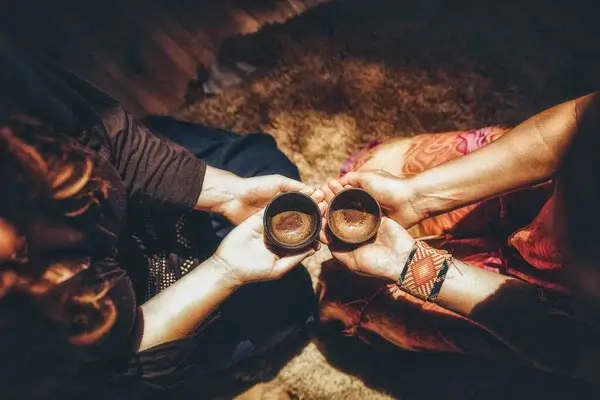
Possible Side Effects and Precautions:
- Allergies and Sensitivities:
- Be aware of any allergies or sensitivities to specific herbs or ingredients in the tincture.
- Discontinue use and seek medical attention if allergic reactions occur.
- Interactions with Medications:
- Consult a healthcare provider to identify potential interactions between tinctures and prescription medications.
- Pregnancy and Nursing:
- Pregnant or nursing individuals should seek advice from a healthcare professional before using tinctures.
Final Thought
In conclusion, the world of tinctures holds a wealth of natural remedies for those seeking alternative paths to wellness. By adhering to general guidelines, understanding proper dosage, and being mindful of potential side effects, individuals can integrate tinctures safely into their health routines.
Recap of the Main Points:
- Tinctures offer natural remedies with diverse applications.
- Quality and consistency in dosage are crucial for safety and effectiveness.
- Consultation with healthcare professionals is advised for personalized guidance.
Encouragement for Readers:
Embark on a journey of exploration and discovery as you integrate tinctures into your wellness routine. With careful consideration and professional guidance, you can unlock the potential benefits of these natural remedies. Remember, your health is a personal journey, and tinctures may uniquely contribute to your overall well-being.
Useful links
- A Journey into the Healing Properties of Psychedelic Mushrooms. Learn more.
- What is Ayahuasca?
- Where to get Ayahuasca in the USA
- Top Ayahuasca retreats in the USA. Learn more.
- Cost of Ayahuasca Retreat: Balancing Cost and Experience. Learn more.
- What is trauma bonding?
